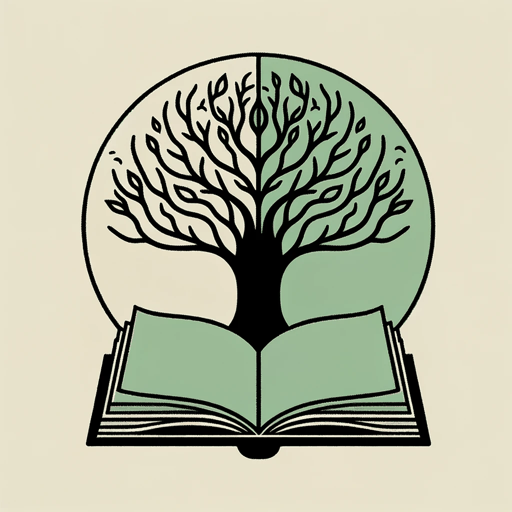52 pages • 1 hour read
Ngũgĩ wa Thiong'oDreams in a Time of War
Nonfiction | Autobiography / Memoir | Adult | Published in 2005A modern alternative to SparkNotes and CliffsNotes, SuperSummary offers high-quality Study Guides with detailed chapter summaries and analysis of major themes, characters, and more.
Pages 79-165Chapter Summaries & Analyses
Pages 79-90 Summary
Ngũgĩ describes three neighboring homesteads—those of Lord Kahahu, Baba Mũkũrũ (or Njingũ), and his father’s—to explain “three different models of modernity and tradition” that he grew up with (79). Ngũgĩ associates modernity with Lord Kahahu and his family, as they are Christian, formally educated, wear Westernized clothes, and are the first in his community to use modern technologies like mule-pulled plows, sawmills, and cars.
Ngũgĩ depicts Baba Mũkũrũ’s house as the antithesis of Kahahu’s. Baba Mũkũrũ follows the traditions of his ancestors, as seen by his adherence to rites of passage, like rebirthing ceremonies and circumcision rituals. He refuses to allow his children to attend missionary schools or church services and pressures them to wear traditional clothing. When a relationship develops between Kahahu’s oldest son and Baba Mũkũrũ’s daughter, turmoil ensues. The Kahahus refuse to accept that their son impregnated Baba Mũkũrũ’s daughter and send him to South Africa for school, further bolstering their progressive reputation.
Ngũgĩ’s father is neither a traditionalist nor a Christian but considers himself modern. His work experiences in Nairobi cause him to feel superior to his brother since he has firsthand knowledge of European customs. Meanwhile he regards Kahahu as a hypocrite who stole his land yet still preaches Christian values.
Related Titles
By Ngũgĩ wa Thiong'o
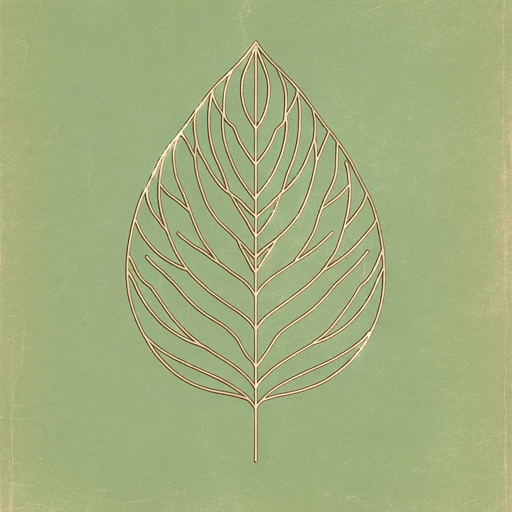
A Grain of Wheat
Ngũgĩ wa Thiong'o

A Meeting In The Dark
Ngũgĩ wa Thiong'o
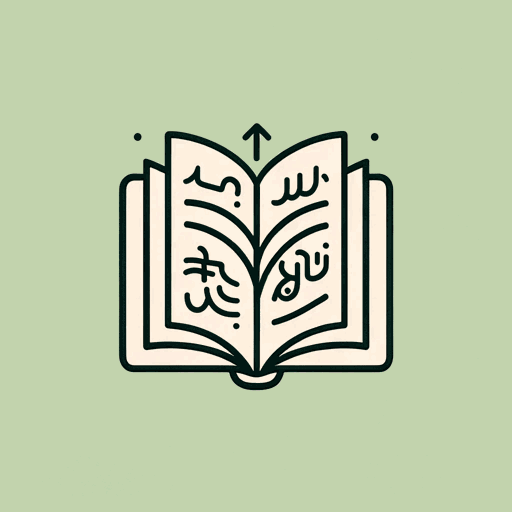
Decolonising the Mind: the Politics of Language in African Literature
Ngũgĩ wa Thiong'o

Devil on the Cross
Ngũgĩ wa Thiong'o

I Will Marry When I Want
Ngũgĩ wa Thiong'o

Matigari
Ngũgĩ wa Thiong'o
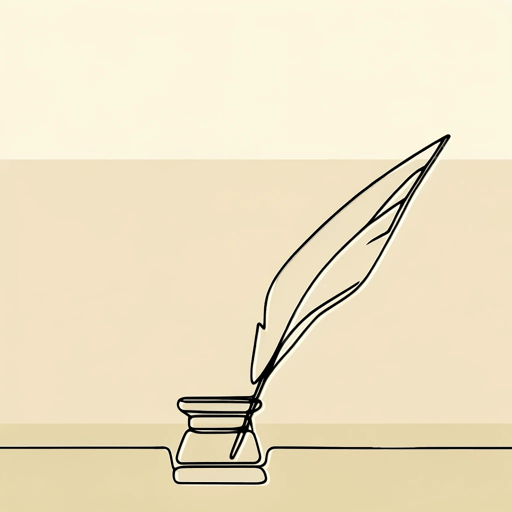
Petals of Blood
Ngũgĩ wa Thiong'o
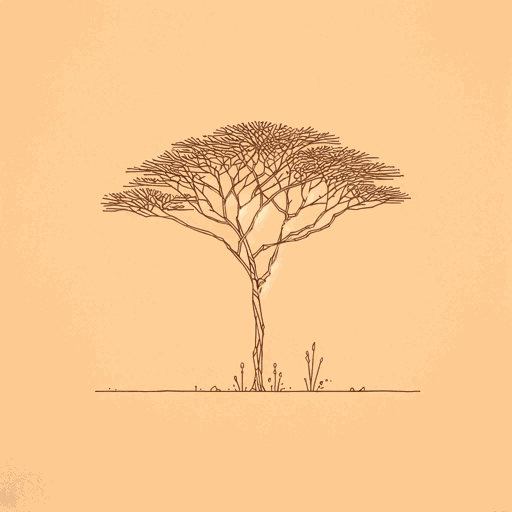
The River Between
Ngũgĩ wa Thiong'o

Weep Not, Child
Ngũgĩ wa Thiong'o

Wizard of the Crow
Ngũgĩ wa Thiong'o
